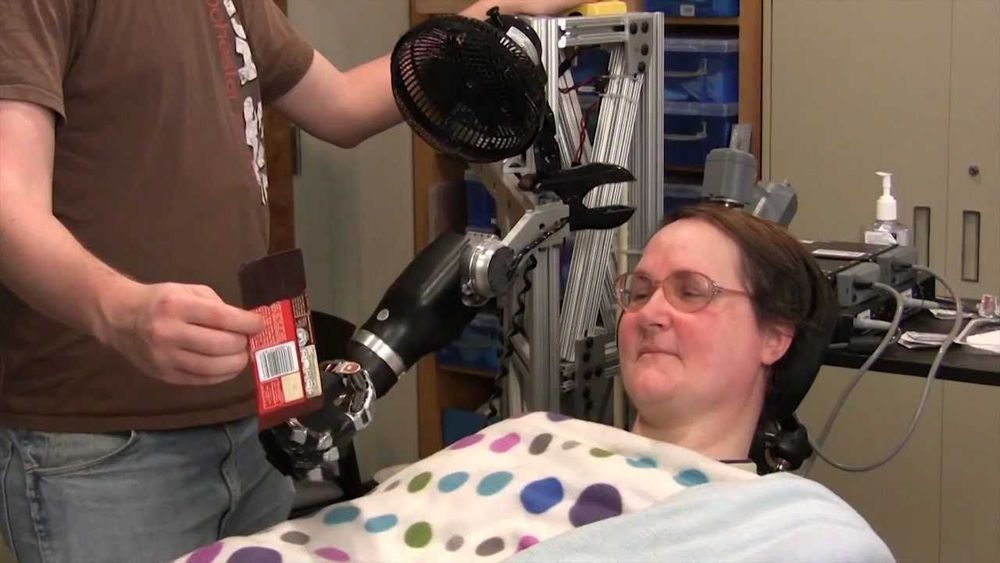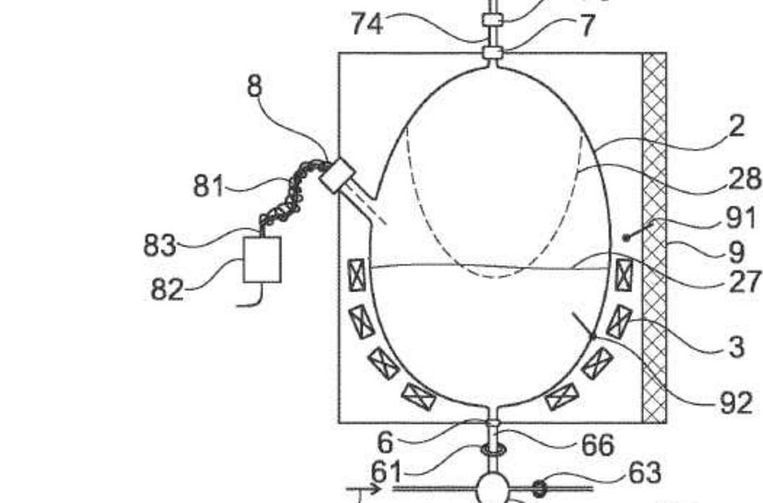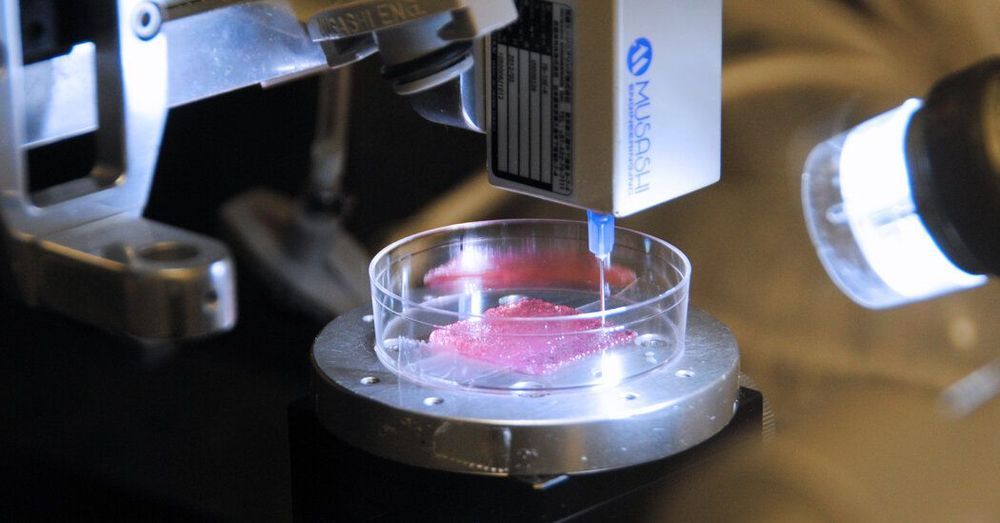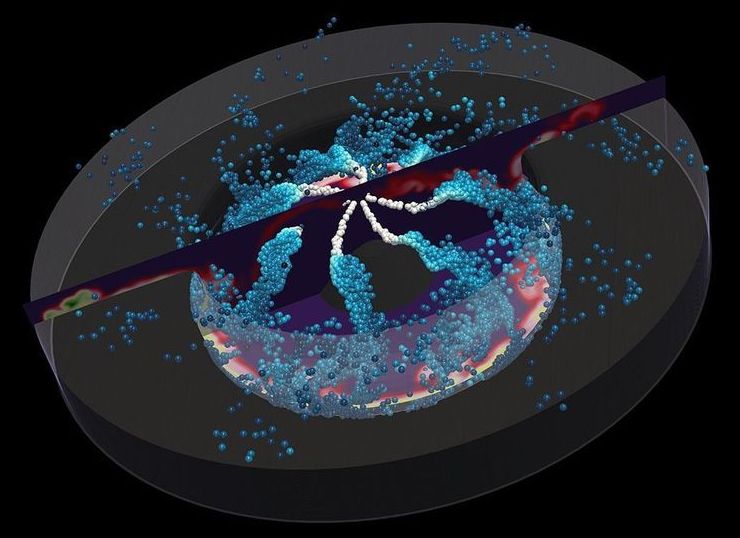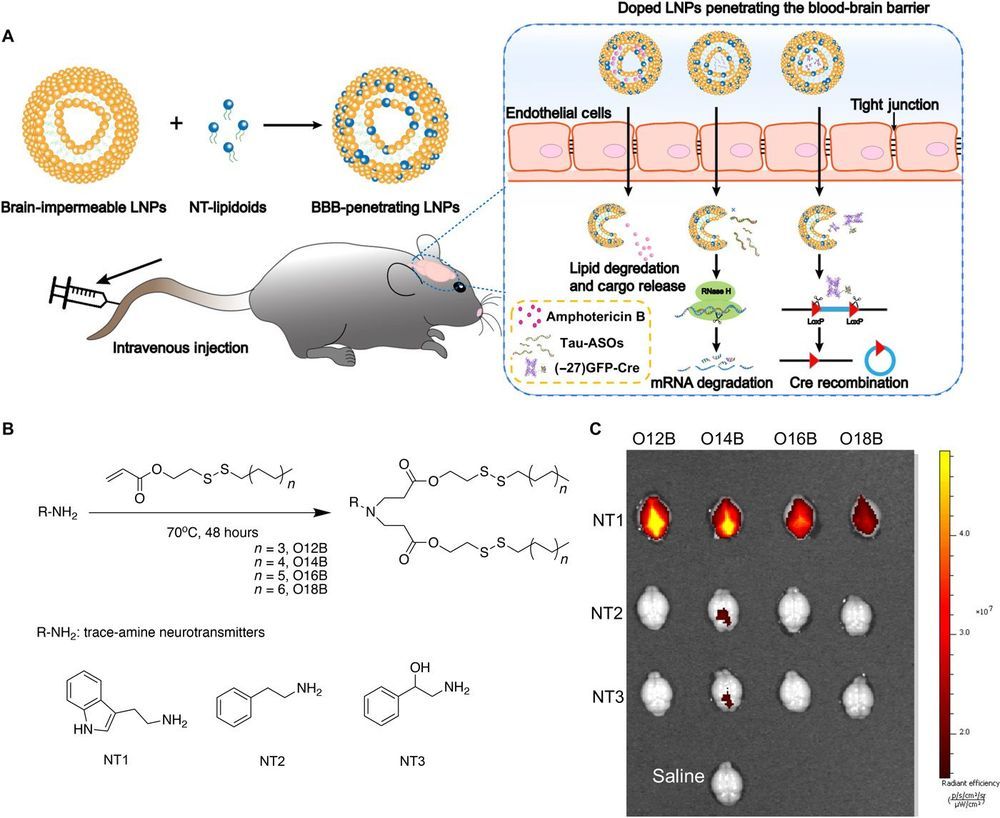Oct 9, 2020
What Brain-Computer Interfaces Could Mean for the Future of Work
Posted by Nicholi Avery in categories: biotech/medical, computing, information science, neuroscience, wearables
Imagine if your manager could know whether you actually paid attention in your last Zoom meeting. Or, imagine if you could prepare your next presentation using only your thoughts. These scenarios might soon become a reality thanks to the development of brain-computer interfaces (BCIs).
To put it in the simplest terms, think of a BCI as a bridge between your brain and an external device. As of today, we mostly rely on electroencephalography (EEG) — a collection of methods for monitoring the electrical activity of the brain — to do this. But, that’s changing. By leveraging multiple sensors and complex algorithms, it’s now becoming possible to analyze brain signals and extract relevant brain patterns. Brain activity can then be recorded by a non-invasive device — no surgical intervention needed. In fact, the majority of existing and mainstream BCIs are non-invasive, such as wearable headbands and earbuds.
The development of BCI technology was initially focused on helping paralyzed people control assistive devices using their thoughts. But new use cases are being identified all the time. For example, BCIs can now be used as a neurofeedback training tool to improve cognitive performance. I expect to see a growing number of professionals leveraging BCI tools to improve their performance at work. For example, your BCI could detect that your attention level is too low compared with the importance of a given meeting or task and trigger an alert. It could also adapt the lighting of your office based on how stressed you are, or prevent you from using your company car if drowsiness is detected.

